At a time when the southern market for cement has slowed, the rupee’s depreciation has opened a door for companies in the region. Industry representatives have said the currency fall in recent months has pushed price realisation by around 15 per cent and many are looking at new markets.
N Srinivasan, vice-chairman and managing director of India Cements Ltd, said the company used to export earlier. The opportunity came down because Indian firms could not compete with other countries offering cement at much lower prices. “With the rupee depreciation, there is a possibility of exports and we are looking at some to improve our capacity utilisation. Hopefully, exports will start again,” he told shareholders recently. Earlier, the company said it was looking at the Sri Lanka and South African markets.
B K Singh, senior executive director, group marketing & corporate communication, at Dalmia Bharat Enterprises, said the company exported around 30,000 tonnes from its southern plants between January and August 2012 and had increased this in the same period this year to 80,000 tonnes. Over the next one year, the plan was to double this to figure by entering new markets. “We will start exporting to Myanmar, followed by parts of Eastern Africa very soon, maybe before the end of this financial year,” said Singh.
The company was exporting till now to Sri Lanka and Maldives. It has three units in South India (two in Tamil Nadu and one in Andhra Pradesh), with a total annual capacity of nine million tonnes. With the rupee depreciation, he said, the company would be able to compete with local manufacturers in Sri Lanka, where the demand is around 4.5 mt yearly.
Annual demand for Bangladesh is around 15 mt, while the Myanmar cement market was estimated at around four mt during financial year 2012, according to reports. The Myanmar market is expected to grow at 10 per cent annually over the next five years.
While agreeing the export market looked attractive now, A V Dharmakrishna, chief executive officer of Madras Cements, said the rupee depreciation had also put pressure on imported coal. “Besides, if you look at the total installed capacity in the south, exports are still minimal,” he said.
G R K Reddy, chairman and managing director of MARG Ltd, which operates a private port at Karaikal which handles the major chunk of export cements, said in September 2012 the port handled a little less than 5,000 tonnes. It was now handling 30,000-35,000 tonnes and the monthly growth was 10 per cent.
“Till now the port has been handling cement in bulk. We are planning to start a container service, which will help companies to send in smaller quantities,” he said.
South Indian cement makers explore export options
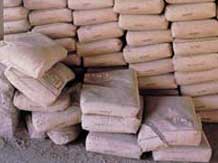




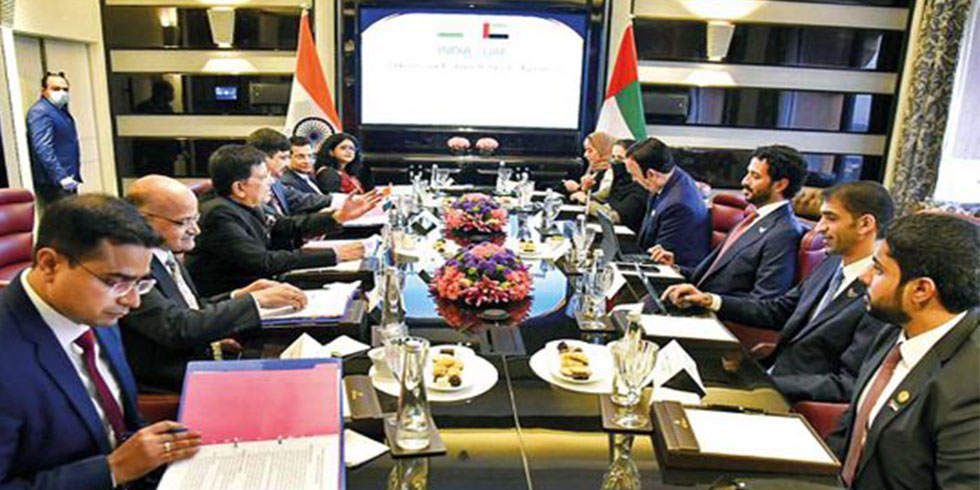
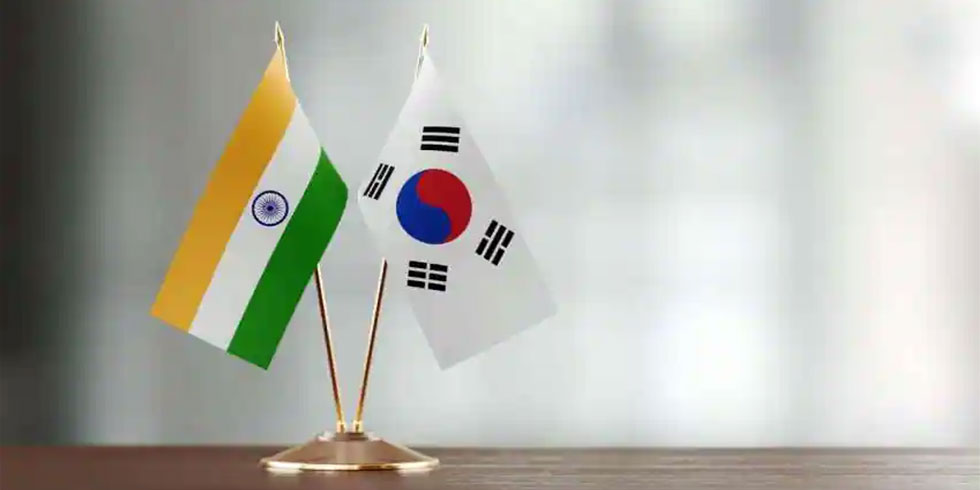





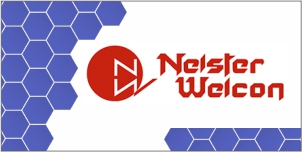
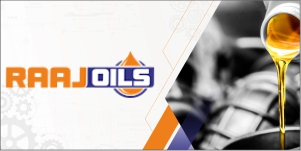
Add Comment